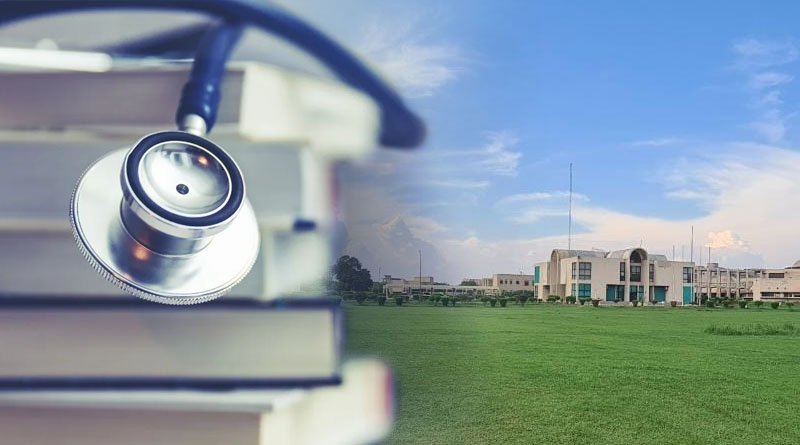The two documents, according to the ministry, will assist conventional healthcare providers in conducting scientific research on complementary and alternative therapies.

The Malaysian Ministry of Health today unveiled what it claims to be the first research framework for T&CM (traditional and complementary medicine) and a research guideline for herbal medicines.
The two documents, according to the ministry, will assist conventional healthcare providers in conducting scientific research on complementary and alternative therapies.
The framework was developed as a guide for stakeholders who are interested in designing, evaluating, and conducting T&CM research, according to Health Minister Dr. Zaliha Mustafa, who unveiled the two documents.
According to her at the launch, research is crucial in the effort to professionalise the T&CM sector because it contributes significantly to the development of an evidence-based approach to T&CM-related policy decision-making as well as a body of knowledge about the efficacy and safety of T&CM practises and products.
“Combining contemporary clinical research methodologies with the theories and principles of traditional medicine is one of the major challenges facing T&CM research in Malaysia,” she continued.
Traditional medicine is defined by the World Health Organization, which worked on the development of the T&CM framework, as the totality of knowledge, skills, and practises based on theories, beliefs, and experiences that are unique to various cultures, whether or not they can be explained.
These practises are used in the maintenance of health as well as in the prevention, diagnosis, improvement, and treatment of physical and mental illness.
According to Science Direct, a peer-reviewed journal, some traditional medical systems are passed down orally from generation to generation, while others are supported by vast amounts of literature and records of the theoretical ideas and practical skills.
T&CM has deep roots in Asian culture and has long been used to supplement healthcare in Malaysia, despite still being regarded as a fringe practise by the majority of western healthcare professionals.
The T&CM Act 2016 now regulates traditional medicine (Act 775). According to the Health Ministry, the Act is crucial in elevating T&CM practise to a more regulated, qualified, and uniformed field.
Dr. Zaliha stated that some of the major subjects covered by the framework include general requirements and considerations for conducting research in Malaysia in accordance with current policies and laws, as well as particular considerations for T&CM research that delve more deeply into the fundamental ideas and essential elements of T&CM research.
This includes carrying out clinical and pre-clinical research on herbal medicine and T&CM procedure-based therapies.
The Guideline for Herbal Medicine Research, the other document released today, complies with traditional standards for products that are supported by evidence.
According to Dr. Zaliha, this guideline is intended for herbal products that will be used for therapeutic claims as defined by conventional medicine. It provides thorough information on what data, including the quality, pre-clinical, and clinical data, is necessary for the development of herbal products.
This should help pre-clinical and clinical researchers create a successful plan for the development of herbal products with therapeutic claims, she said. The Health Ministry’s website offers free downloads of the two documents.